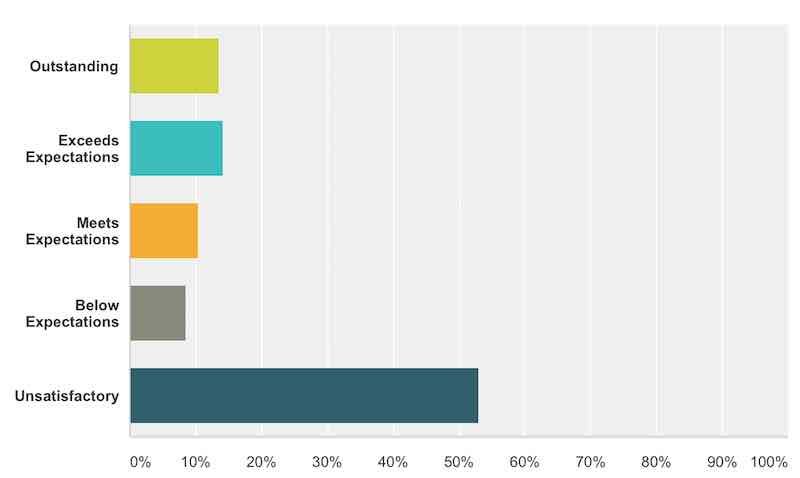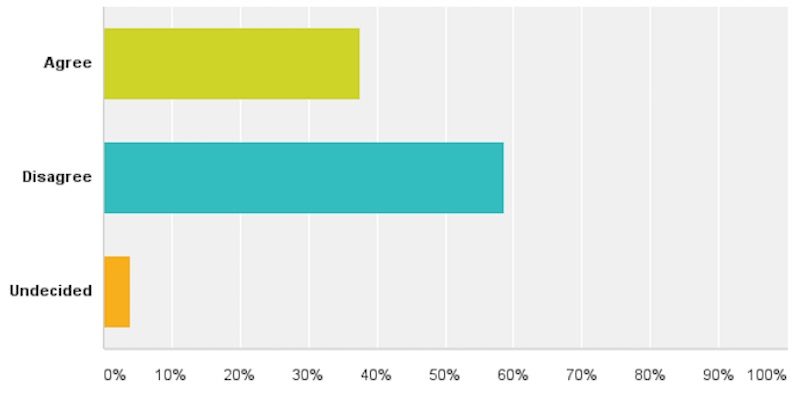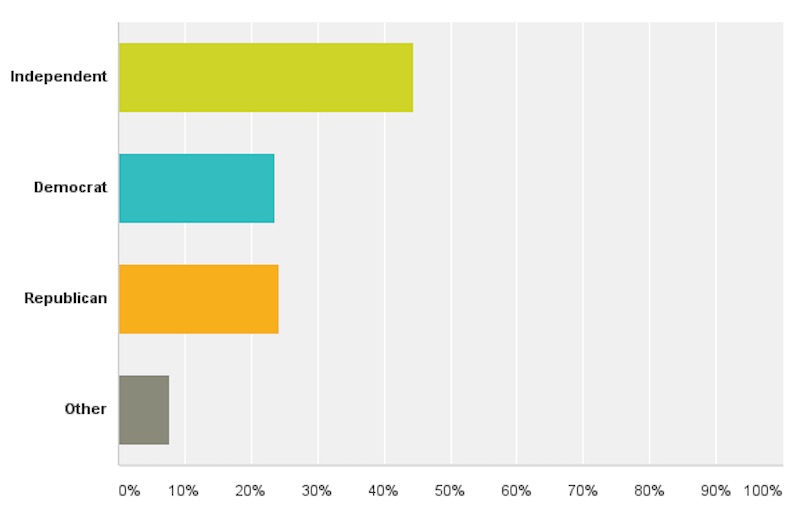Almost 3,500 readers participated in a recent survey giving them an opportunity to rate President Trump’s performance since he assumed office in January.
Drain the Swamp
Donald Trump campaigned with a promise to “drain the swamp.” That may mean different things to different people.
In general, it means in philosophy from the Obama administration, which generally meant increases in spending by the federal government.
So, there has been a spate of negative news impacting the federal workforce. This ranges from proposed budget cuts at agencies like the Environmental Protection Agency (EPA) and Department of State (State) to proposed cuts in federal employee benefits. Some of the proposed changes to benefits would increase contributions to future retirement payments and reduced COLA’s for retirees—topics very important to the financial well-being of current and future federal retirees.
People generally do not like change, especially when it means lower benefits and, effectively, a reduction in income or purchasing power. Federal employee unions are up on arms and media outlets in the DC area are filled with horror stories about the impact on the federal workforce.
How the proposed changes will fare in Congress remains to be seen. Based on past experience, most of the proposed changes will just disappear with little or no publicity. But, no doubt, the uncertainty and the possible of a negative economic hit will be on the minds of many readers until the outcome is more certain.
According to this survey, 67.8% of those responding are current federal employees and 28.5% are retired federal employees. There were small percentages of those who were military or retired military, contractors, union staffers or no federal affiliation.
Rating President Trump’s Performance
The most common rating for the President’s performance was “Unsatisfactory.” 53.07% of those responding selected this option. A total of about 62% selected unsatisfactory of “Below Expectations.” 13.58% selected “Outstanding.” 38.3% selected categories from “Outstanding” to “Meets Expectations.”
For all readers who responded, here is a chart showing the answers to the question: “How would you rate President Trump’s performance to date?”
Among Republicans, 73.4% rate President Trump at “Meets Expectations” or higher. 85.5% of Democrats gave the president an “unsatisfactory” rating.
Do Respondents Agree or Disagree with Priorities of the Trump Administration as They Understand Them?
About 37% of respondents indicated they agreed with the priorities of the Trump administration. That is close to the same percentage that have a favorable opinion of the President’s performance so far. 58.5% indicated they disagreed with the priorities of the administration.
Among Democrats, 85.5% of those taking the survey disagree with the priorities of the administration. Among Republicans, 73.8% agree with the administration’s priorities. And, among Independents, 34.3% agree and 61.4% disagree.
Political Affiliation of Respondents
44.5% of those responding to the survey identified themselves as Independent voters. Republicans were 24.2% of respondents and Democrats 23.5%. The remaining selected the “other” option.
How Did Respondents Vote in Last Election?
46.6% of those responding to this survey indicated they voted for Hillary Clinton in the presidential election. 38% indicated they voted for Donald Trump—roughly as the overall percentage of people who indicated they voted for him in the presidential election and the percentage that provides “meets expectations” or higher in this survey.
Among Republicans, 78.4% voted for Donald Trump in the election. 10.8% voted for Hillary Clinton and 10.7 voted for another candidate.
89% of those who identified as Democrats voted for Hillary Clinton; 5.7% voted for Donald Trump; and 5.2% voted for another candidate.
Current View of Your Career as a Federal Employee
25% of those responding indicated they were more optimistic and more favorable about their federal career. 57% were less optimistic and 17.9% are still undecided.
Summary
With the proposals to reduce benefits for federal employees and retirees, it is not surprising that readers affiliated with the federal community would generally disagree with the administration’s priorities and provide a low rating to his performance. The data cited above confirm that assessment.
Much of the negativity may be the result of uncertainty with regard to cutting benefits and the overall economic impact of proposed changes. Once the probable outcome comes into focus, much of this uncertainty will dissipate.
As noted in a recent article by FedSmith.com author Michael Wald, in 2016, a survey conducted by the Government Business Council found that 14 percent of Federal workers said they would leave the federal government. 11 percent said they would “maybe” leave if Trump became president. That has not happened and it is always unlikely. Most likely, it was a knee jerk reaction reflecting concern and uncertainty. Reality often intervenes before throwing a career in the federal government as a result of one election. (See Federal Employees: You’re Not Going Anywhere This Year)
No doubt, the negative reaction by federal employees and retirees will raise concerns that the federal civil service will not support efforts by the administration to implement new policies and priorities that differ from the Obama administration. This is sometimes considered part of a “Deep State” theory. This theory often refers to holdovers from the previous administration working against the new president.
In the absence of evidence to the contrary, the reality is more likely that most federal employees will work to implement new priorities in their agencies to support the administration in which they are employed.
While there have been leaks of information involving national security information, it is not yet known of those leaking the information were career federal employees or political appointees seeking an advantage or to subvert their opponents. Presumably, those engaging in this activity will be uncovered and subject to appropriate civil or criminal action. Most career “civil servants” would probably be hesitant to risk endangering a career and future retirement to illegally assist a political party.
Over 600 comments were submitted from readers with regard to this survey. For those interested in reading the comments, check out the comments section in the introduction to this survey.





